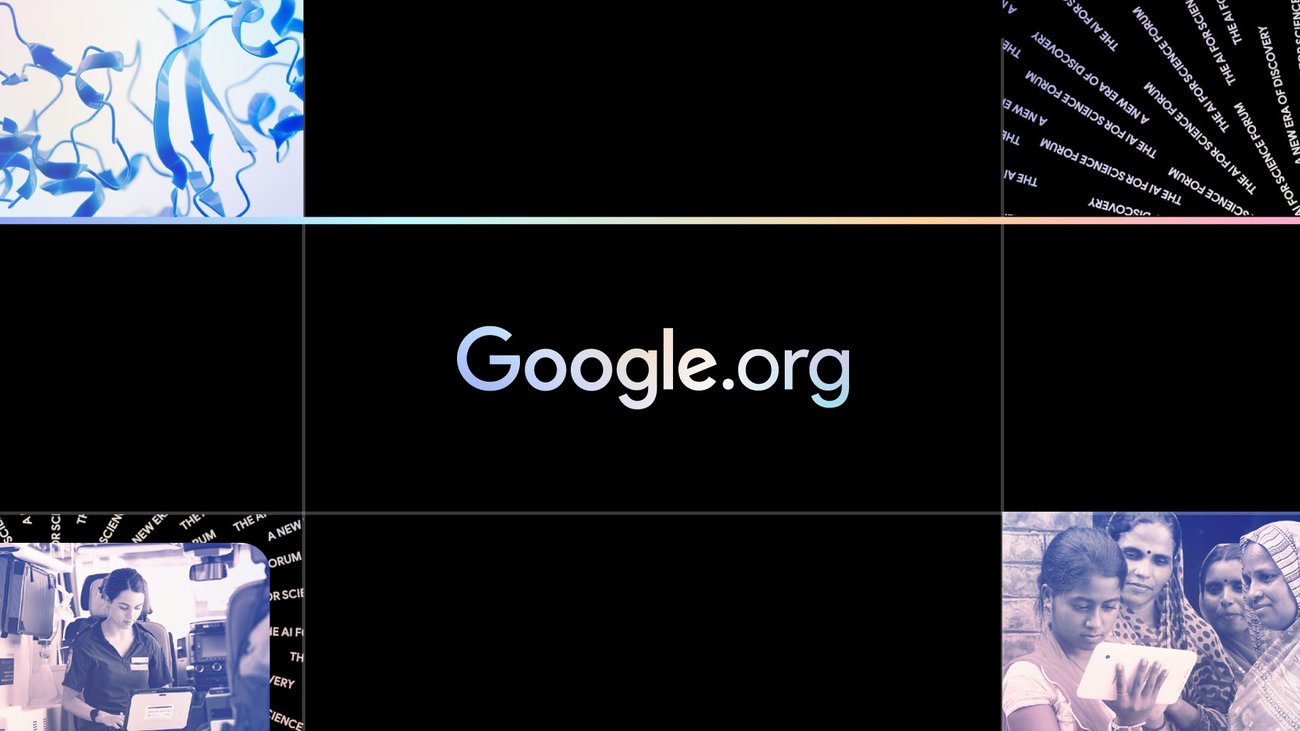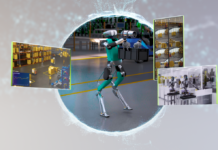Celebrating a Milestone in AI: Nobel Prize in Chemistry for AlphaFold
In a remarkable announcement that underscores the transformative potential of artificial intelligence, Demis Hassabis and John Jumper have been awarded the Nobel Prize in Chemistry for their groundbreaking work on AlphaFold. This achievement highlights how AI can revolutionize scientific research, providing tools and insights previously thought unattainable. AlphaFold, an AI system developed by DeepMind, has made significant strides in predicting protein structures, a task that has been a longstanding challenge in the scientific community.
AlphaFold’s Impact on Global Health and Scientific Research
AlphaFold’s impact is far-reaching, with more than 2 million researchers in 190 countries utilizing its capabilities. Its contributions have accelerated efforts to combat diseases such as malaria and deadly parasitic infections. Furthermore, it has paved the way for potential treatments for Parkinson’s disease. These advancements highlight the power of AI in solving complex problems across various domains. In addition to health sciences, AI is making strides in areas such as hydrology, neuroscience, and climate sciences, showcasing its versatility and importance in modern research.
Essential Elements for AI-Driven Breakthroughs
For AI to continue delivering groundbreaking scientific advancements, several key elements are necessary. These include adequate funding, substantial computing power, cross-domain expertise, and access to foundational datasets. One such dataset is the Protein Data Bank, which has been instrumental in AlphaFold’s development. Ensuring scientists have access to these resources is crucial for fostering innovation and discovery.
Google DeepMind and the Royal Society: Pioneering AI for Science
In an effort to support the next wave of scientific innovation, Google DeepMind and the Royal Society recently hosted the inaugural AI for Science Forum. During the event, Google.org announced a $20 million funding initiative to support academic and nonprofit organizations worldwide. This funding aims to address complex problems at the intersection of various scientific disciplines, such as rare disease research, experimental biology, materials science, and sustainability. These fields hold immense potential for breakthroughs that could significantly benefit society.
Collaborative Efforts and Technical Support
Google is committed to collaborating with both internal and external experts to identify and support organizations that can benefit from this funding. In addition to financial support, Google will provide $2 million in Google Cloud Credits and pro bono technical expertise from its staff. This comprehensive approach ensures that organizations have the resources they need to harness AI effectively and drive scientific progress.
Building on a Legacy of Support
This new funding initiative builds on Google.org’s longstanding commitment to supporting AI-driven scientific research. Over the past five years, Google.org has provided over $200 million to organizations using AI to enhance their scientific endeavors. Notable beneficiaries include Materiom, which is developing innovative biomaterials, the Women’s Cancer Institute at Institut Curie, which is advancing cancer research and treatment, and Doctors Without Borders, which is tackling antibiotic resistance. These projects exemplify the transformative impact of AI and the importance of continued investment in this field.
The Role of Funding and Collaboration in Scientific Discovery
The history of scientific discovery is replete with examples of how funding, technology, and collaboration have driven progress. This new funding initiative aims to incubate more Nobel-level achievements that can improve the lives of millions. By investing in long-term, meaningful outcomes, philanthropic, public, and private funders can help unlock AI’s full potential to enable science at digital speed. The hope is that this will lead to breakthroughs that not only advance scientific knowledge but also have a tangible positive impact on society.
A Call to Action for the Scientific Community
The announcement of this funding initiative serves as a call to action for the scientific community. By coming together to support AI-driven research, we can unlock new possibilities and accelerate progress across a wide range of disciplines. This collaborative effort will be essential in addressing the complex challenges facing our world today, from disease eradication to climate change mitigation.
Conclusion: The Future of AI in Science
The awarding of the Nobel Prize in Chemistry to Demis Hassabis and John Jumper is a testament to the incredible potential of AI in science. As we look to the future, it is clear that AI will play an increasingly important role in driving scientific discovery and innovation. By providing the necessary resources and support, we can ensure that AI continues to deliver breakthroughs that benefit society as a whole. As we stand on the cusp of a new era in scientific research, the possibilities are endless, and the future looks bright for AI-powered science.
For more information on this groundbreaking achievement and the ongoing efforts to harness AI for scientific discovery, please visit DeepMind’s official blog.
For more Information, Refer to this article.


































